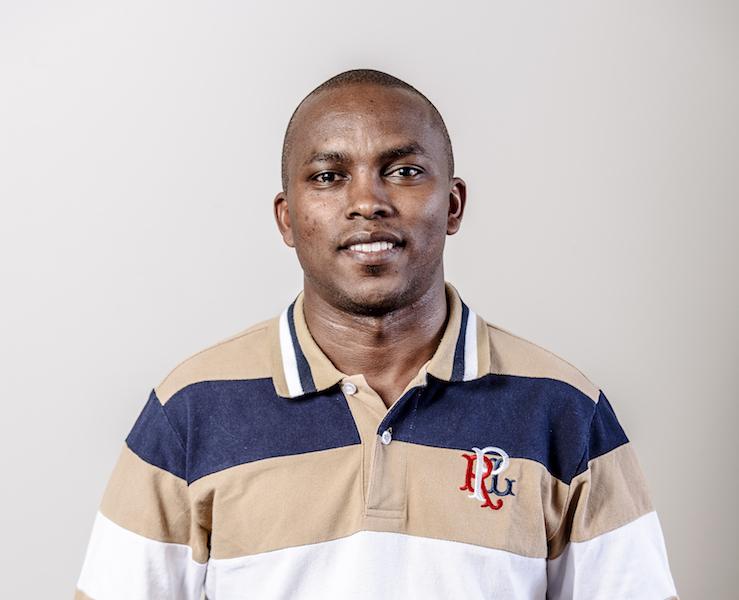A Rwandan finance manager says he wanted to join MSF since he saw fieldworkers help people during the violence of the 1994 genocide and its aftermath.
“A genocide took place in Rwanda in 1994. Back then, we saw how MSF came to assist the people who were in need, and how the [rest of the] world didn’t come to assist and to help,” says Innocent Maniraruta a finance manager with Doctors Without Borders (MSF) who grew up in Rwanda during that time.
“I really wanted someone, or countries, to come and help. But they didn’t come. And people suffered,” he recalls. “But when I saw MSF come to assist, in me I felt that I should really help people who are in need. It was a lesson to me, and [something] I really want to transfer to others.”
Years later and Innocent is now a fieldworker with MSF. He worked in Conakry, Guinea during the Ebola outbreak in 2015 and recently spent a year working in Mauritania, focussing on finance and human resources support at a project in an emergency camp in Basikunu.
“I always wanted to work with humanitarians so that I can help people who are in need,” Innocent says. “I feel happy to contribute to the invaluable mission of MSF. I really feel good when MSF trusts me and sees what I have and when I have something to contribute.”
“MSF does a great job in the field. I feel that other organisations and other countries should take that example to help when it’s needed most – and not wait until problems become a big issue. They should come in at the right time,” he says.
